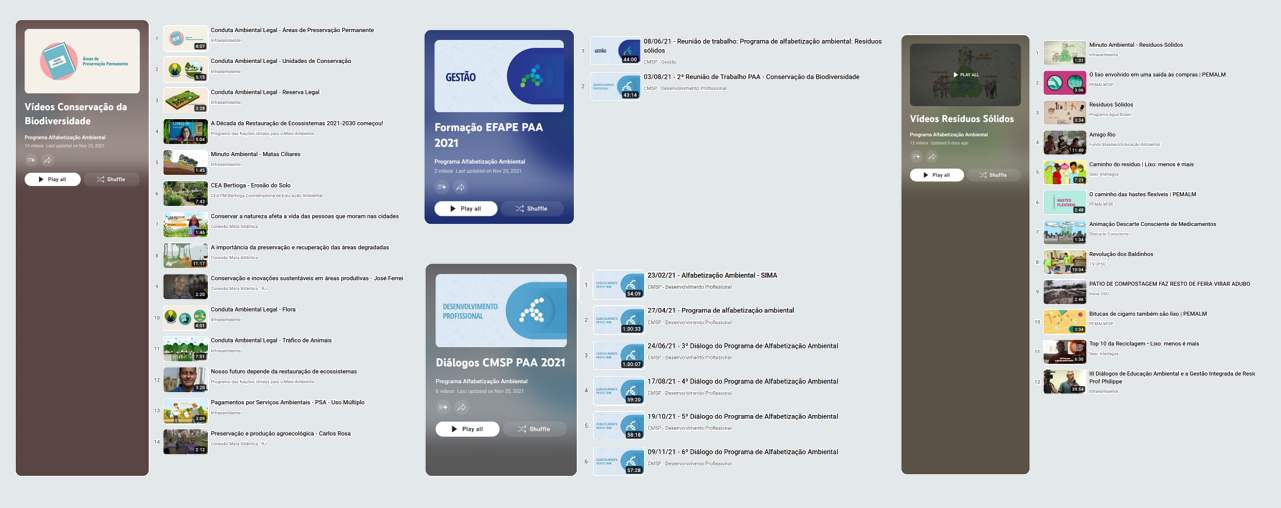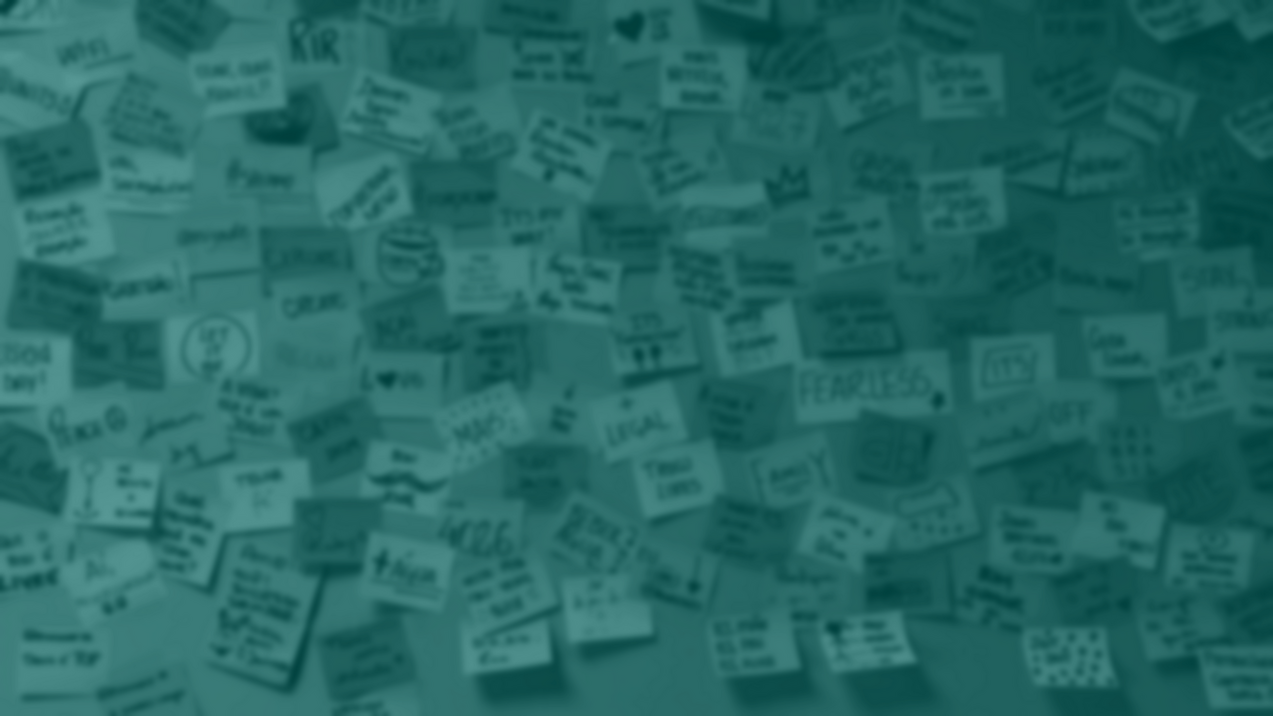 Nathalia Rosa, Unsplash
Nathalia Rosa, Unsplash
CEPA Fair 2022 - Virtual Exhibitions - COP15
Virtual exhibitions
- Amiguitos del Océano Foundation [Ecuador]
- Brahma Kumaris [India]
- CEBioS [Belgium]
- Center for Environmental Governance (CEGO) [Ghana]
- Climate Action Works/Peace Innovation Institute/Global Greens
- Dominique Paul PhD [Canada]
- International Coral Reef Initiative (ICRI): Coral reefs resources
- International Union of Biological Sciences (IUBS) [India]
- Ministry of Environment Protection of Nature and Sustainable Development [Cameroon]
- Secretariat of Infrastructure and Environment of the State of São Paulo [Brazil]
| Virtual Exhibition |
|---|
Amiguitos del Océano Foundation [Ecuador]
Ocean Literacy Programme for coastal communities in Ecuador

|
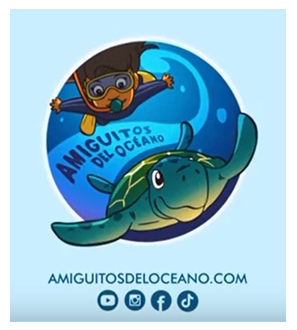
| Virtual Exhibition |
|---|
Brahma Kumaris [India]
The Brahma Kumaris and BiodiversityThe Brahma Kumaris celebrate the progress made in raising global consciousness about the triple threat of biodiversity loss, pollution, and climate change. However, the Earth, the blue pearl, is in great danger and it may only be a spiritual consciousness that gives us the power to make further advancements and implement a benevolent change. To truly awaken a flourishing future something is needed to bring about an attitudinal shift and deep commitment in peoples’ hearts and minds. The spiritual power from within can impart hope and help everyone make difficult yet essential sustainable choices. Since 1937 the Brahma Kumaris, a worldwide spiritual University (Organization) have been dedicated to helping awaken people to a set of higher values for the common good. As an International NGO accredited to the United Nations Framework on Climate Change (UNFCCC), United Nations Convention to Combat Desertification (UNCCD), and United Nations Convention on Biological Diversity (CBD) we have brought our spiritual knowledge to many of the environmental contexts in which the UN serves. As a contribution to the UN CBD COP15 in Montreal, we offer some inspirations and examples of initiatives through this Virtual Exhibition platform, and we invite everyone, who cares for the Mather Nature to join us. Sister Jayanti Kirpalani, Additional Administrative Head of the Brahma Kumaris shares her understanding of how spiritual awareness impacts human actions and the importance of upholding the integrity of our rich, biodiverse and inter-dependent home (planet) – the intricate web of life. How our thoughts, feelings and attitude create vibrations which affect all aspects of Mother Nature. We humbly invite you to learn about our practical initiatives such as Sustainable Yogic Agriculture, where natural farming is coupled with the fertilizer of positive thoughts to bear greater results; India One Solar Thermal Power Plant, a 1MW electrical research and demonstration project, where locally developed storage enables continuous power generation; and KalpTaruh an innovative forest restoration program. In this presentation, examples of environmental actions in the physical world are intertwined with moments of reflection and contemplation, powered by spiritual consciousness. We do hope you will enjoy with us this journey toward life in harmony with nature.
Contact: Aneta Loj : aneta.loj@pl.brahmakumaris.org | WhatsApp: +91 8890051145
|
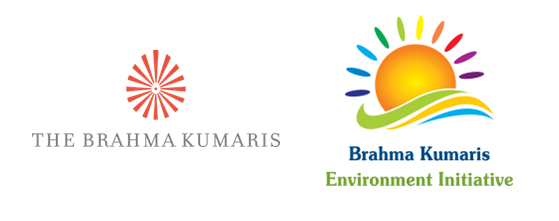
| Virtual Exhibition |
|---|
CEBioS - Capacities for Biodiversity and Sustainable Development [Belgium]
Best practices and lessons learnt from 10 years of Capacity Development in Africa
EVAMAB Manual 
CEBioS: Website | Facebook | LinkedIn | Youtube | COp15 Side-Event News | Brochure
Belgian National Focal Point to the CBD Belgian Federal Public Service for Public Health and Environment Belgian Science-Policy Office (BELSPO) |


| Virtual Exhibition |
|---|
Center for Environmental Governance (CEGO) [Ghana]
Introducing Tracking Green Commodities - A Scalable Innovative Model“Tracking Green Commodities” is an innovative application that promotes biodiversity conservation and rural development that would transform the lives of smallholder producers to complement for the low prices on the world commodity markets. This international initiative focuses on zero carbon emissions and biodiversity conservation and the impacts of responsible tourism destinations. Consumers sourcing for eco - labelled chocolate must crave to visit cocoa production sites in Ghana as deforestation-free community-tourism destination to help improve the livelihoods of cocoa communities. Project: Eco - Labelling, Global Agrifood Chains And Agro – Tourism Destinations: Significance Of Cocoa Farm Tours To Ghana (West Africa), 24/01/18 |
| Virtual Exhibition |
|---|
Climate Action Works, Global Greens, Peace Innovation Institute, McGill Environment Student Society, Masse Critique
Focus on Indigenous issues, youth, climate justice in the global southThis virtual exhibition involves numerous NGOs related to biodiversity with focus on Indigenous issues, youth, climate justice in the global south, etc. The exhibition is hosted on Bramble, mimicking a physical exhibition space where guests can visit exhibition booths and learn more about various calls to action. Time and space is also provided for networking among NGOs and guests.
Audience: action-oriented Indigenous groups and NGOs seeking to connect, strengthen ties, exchange knowledge and experience and coalesce around concrete action. |
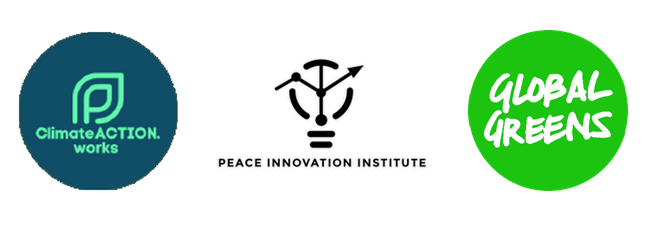
| Virtual Exhibition |
|---|
Dominique Paul PhD [Canada]
Animal Population Decline in Québec: A PerformanceThis video documents the creation of a performance in the public space whose goal is to raise public awareness of the decline in biodiversity. In collaboration with the artist Dominique Paul, 150 students in the arts program of the Jacques-Rousseau secondary school created a structure for embodying the 150 endangered or vulnerable animal species in Quebec. To communicate the causes of the declining populations of birds, insects, mammals and others, they held a poetry slam on the occasion of Quebec’s National Celebration Day. Between these spoken word poems, they strolled about to the rhythm of the Brazilian percussion group Ritmistas MTL to create a North-South connection between the boreal and Amazon forests, two great forests being clear-cut. There is still time to preserve them and to restore their habitats. Dominique Paul thanks the Conseil des arts et des lettres du Québec and the agglomération de Longueuil for their financial support.
Animal Population Decline in Quebec: A Performance from Dominique Paul
|
Exposition « Le printemps silencieux »Les œuvres de l’artiste Dominique Paul, qui représentent des espèces d’oiseaux du Québec et du Canada vulnérables — principalement faute d’insectes (à cause des pesticides) et d’habitats —, côtoient les projets créés par des jeunes de l’école secondaire Jacques-Rousseau. Cette démarche engagée nous rappelle qu’il y a urgence d’agir pour la santé de tous. Une bande sonore de chants d’oiseaux en péril dans la région est également présentée près du pavillon d’accueil du parc Michel-Chartrand. Ce projet, présenté par la Ville de Longueuil, a été réalisé en collaboration avec l’école secondaire Jacques-Rousseau et le Club d’ornithologie de Longueuil. L’artiste a reçu le soutien du Conseil des arts et des lettres du Québec (CALQ) et de l’agglomération de Longueuil ainsi qu’une contribution d’Encadrex. 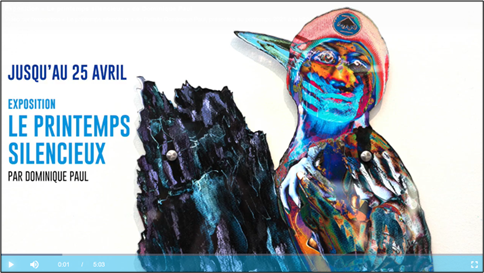
|
International Coral Reef Initiative (ICRI)
Coral reefs in the Post-2020 Global Biodiversity Framework
|
Monitoring the status & trends of the world’s coral reefs: the Global Coral Reef Monitoring Network (GCRMN)
|
Restoration of coral reefs & related ecosystems
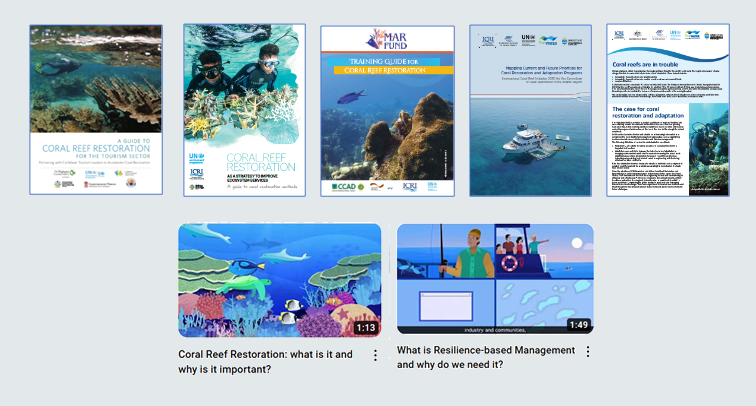 |
Resilience-Based Management of coral reefs

|
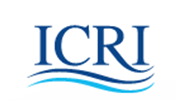
International Union of Biological Sciences (IUBS), FLAME University, India
The Climate Crisis: Education for Climate Awareness
Speakers
Contact: Dr. Rahul Chopra: rahul.chopra@flame.edu.in
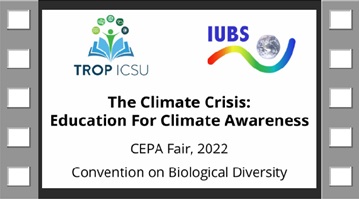 Video available on Facebook
TROP ICSU: Website | Twitter | @TROP_ICSU | |

Ministry of Environment Protection of Nature and Sustainable Development [Cameroon]
Cameroons efforts in meeting the Biodiversity TargetsCameroon is endowed with a rich heritage of biodiversity and biological resources. The nation’s biological and genetic resources constitute a bedrock for food security and health. The nation’s biological diversity underpins its economy significantly contributing to the wellbeing of its people and particularly the rural population. Cameroons involvement in other global processes provides critical opportunities for the effective conservation, sustainable use and fair sharing of benefits from the nation’s biodiversity.
|
Secretariat of Infrastructure and Environment of the State of São Paulo [Brazil]
Verão no ClimaOrganizers: Environmental Education Coordination from the Secretariat for Infrastructure and Environment of São Paulo State Government – Brazil (SIMA)
Following different local situations since its creation, as well as different names used for the campaign, the project observed the progress in the conservation and environmental quality of the beaches in the sixteen coastal municipalities of the state. Currently, the management and care of the municipalities is much more efficient than in past decades. However, it is still necessary to work for a better awareness of the population, especially the tourists and visitors that increase significantly the population in these locations, during the high season of Summer. 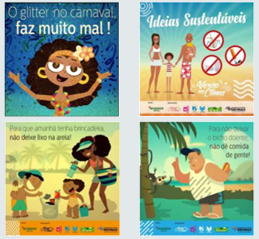 Toward this objective, the "Verão no Clima" Project operates in partnership with municipalities and the private sector in order to keep teams of local instructors for the execution of direct approaches to beachgoers and local mobilization actions, such as clean-up campaigns and awareness raising actions in social media, among other possible activities to be carried out in each edition of the project. In the last four years, from 2018 to 2021, about 500,000 people were reached by the on-site and virtual actions, and about 1,245 instructors worked on behalf of the project, becoming the main multiplying agents of this initiative, learning about the environment and environmental education, with emphasis on (i) solid waste and conscious consumption;
|

São Paulo Strategic Plan for Monitoring and Assessment of Marine Litter (PEMALM)Organizers: Secretariat for Infrastructure and Environment of the State of São Paulo – Brazil (SIMA), Environmental Company of Sao Paulo State (CETESB), Oceanographic Institute, University of São Paulo - Brazil (IO/USP) 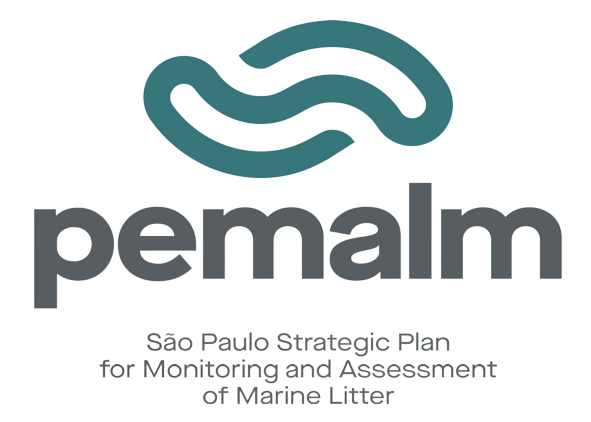
|

Environmental Literacy Program
|

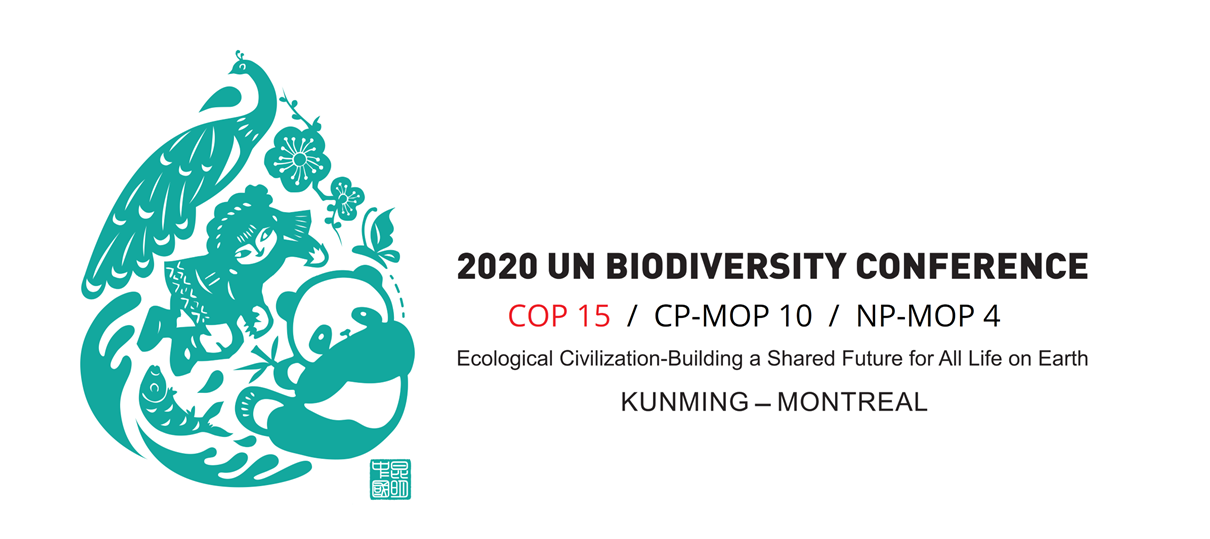
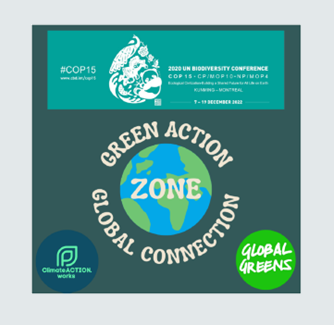 What: The Green Action Global Connection Zone (online) will connect NGOs, activists and institutions working on the ground in North America, South America, Africa, Asia and Oceania to protect our biodiversity. The online zone is a part of the CEPA Fair and a side event to the official COP15 Biodiversity conference taking place in Montreal from December 7-19.
What: The Green Action Global Connection Zone (online) will connect NGOs, activists and institutions working on the ground in North America, South America, Africa, Asia and Oceania to protect our biodiversity. The online zone is a part of the CEPA Fair and a side event to the official COP15 Biodiversity conference taking place in Montreal from December 7-19.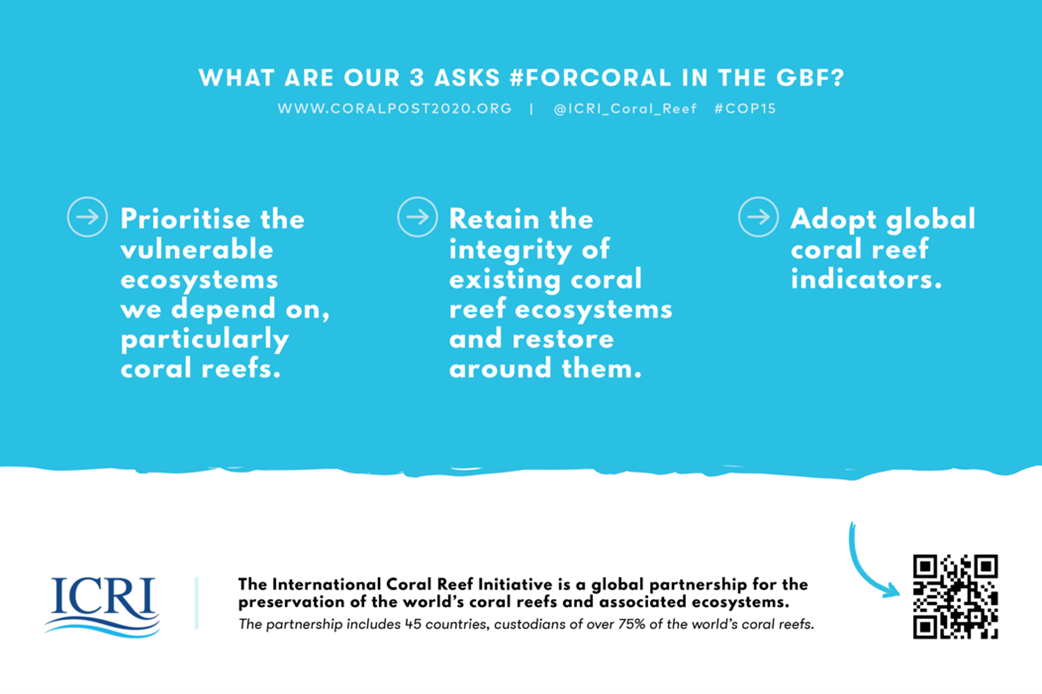
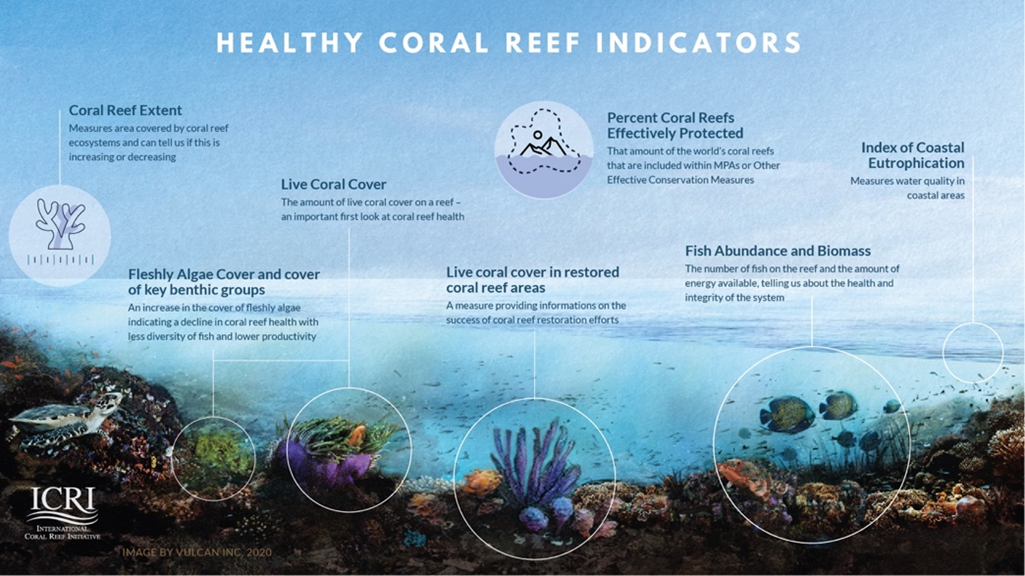
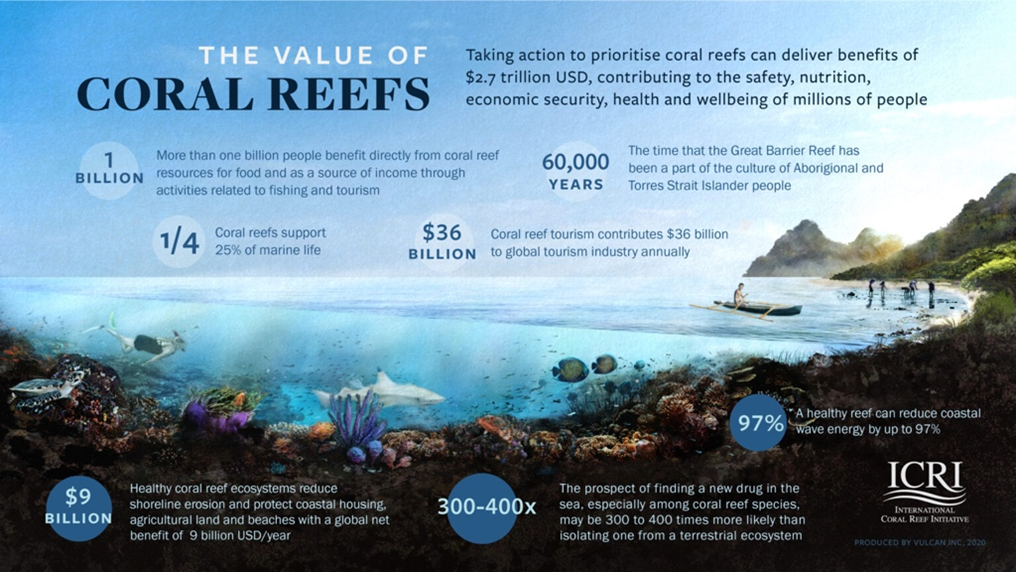
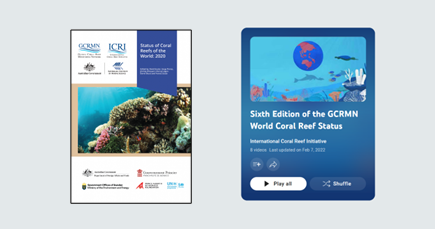
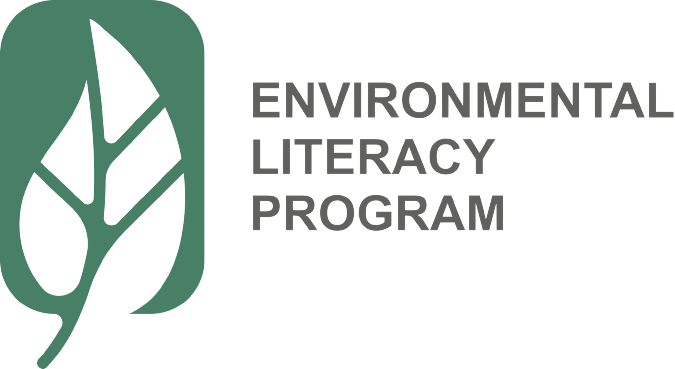 Presentation
Presentation
